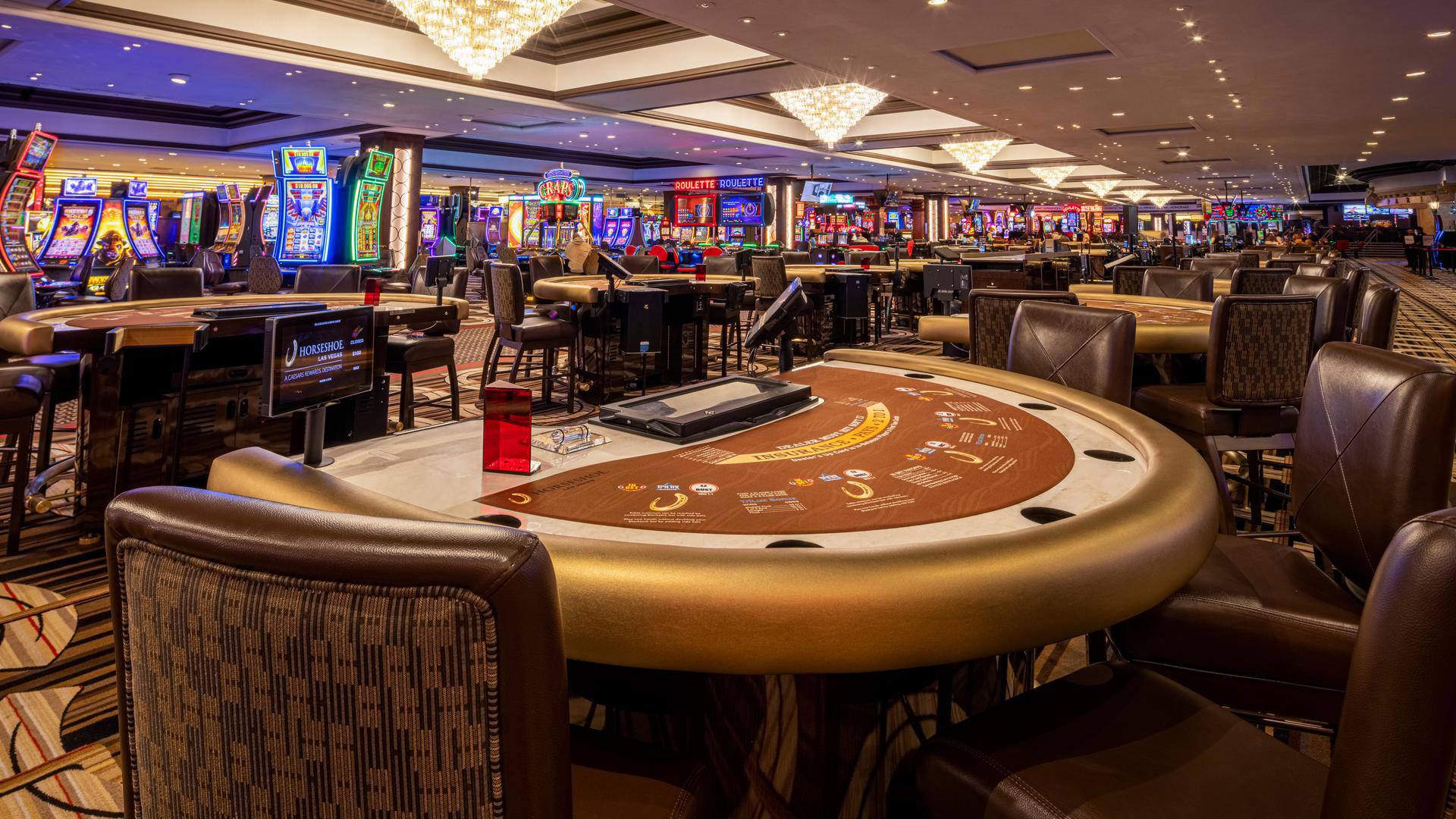
Such allure of casino games has captivated huge numbers of people around the planet for centuries. From the turning roulette device to the noise of dealing cards, the rush of luck and skill intertwines to create an thrilling ambience that attracts players in. These activities are not just leisure activities; they have become an valuable part of the entertainment industry, transforming into a universal trend that spans opulent hotels, vibrant digital gambling spaces, and all that lies in between.
As the demand for one-of-a-kind and engaging adventures continues to increase, the narratives behind the achievements of gambling games reveal a captivating environment. Entrepreneurs and creators are constantly pushing the frontiers of creativity and innovation, causing the development of novel games and engaging technologies. Delving into these stories gives us a glimpse into what it takes to build a casino game business and the enthusiasm that drives those working behind the curtains.
The Development of Casino Games
Gambling games have a robust history that goes back centuries, with their beginnings frequently connected with historic ceremonies and communal events. The earliest types of betting can be connected back to ancient China, where dice games were played, and also to the Roman Empire who participated in betting on multiple events. Over time, these rudimentary forms of entertainment evolved into better organized forms, resulting in the establishment of games such as baccarat and roulette in the 17th century. These early gambling games laid the groundwork for the industry we see today.
As the world advanced, so did the complexity and diversity of gambling options. The 19th century marked a significant milestone with the establishment of official gambling establishments in locations like Monte Carlo and Las Vegas. This era saw the rise of popular games such as poker and blackjack, which captured the imaginations of players around the world. The surge of these games was enhanced by advancements in game development and the development of betting regulations that made the industry more organized and appealing to the general populace.
The digital transformation in the late 20th and early 21st centuries transformed the landscape of casino games yet again. The emergence of the internet led to online casinos, enabling players to play their preferred games from the comfort of their houses. This change not only broadened the scope of gambling options but also introduced new formats like live dealer games and mobile gaming apps. Today, the gambling game empire continues to evolve, with innovative technologies such as virtual reality and blockchain promising change the prospects of betting.
Successful Game Development Strategies
The foundation of a thriving casino game empire lies in the development of entertaining and unique games that enthrall players. A winning strategy requires comprehensive market research to grasp up-to-date trends and player preferences. By analyzing user feedback and studying popular titles, developers can identify what connects with players and what features are in demand. Adding unique themes, varied game mechanics, and visually appealing graphics are essential to differentiate in a challenging landscape.
Teamwork is another key element of effective game development. Uniting talented designers, programmers, and mathematicians certifies that games are simultaneously visually stunning but also fair in terms of gameplay. Encouraging honest communication among team members fosters creativity and results in cutting-edge concepts. Moreover, engaging with players during the beta testing phase allows developers to gather precious insights that can enhance gameplay elements before the official launch.
Lastly, efficient marketing strategies cannot be ignored in creating a thriving casino game empire. Crafting a captivating narrative around the game and utilizing online media platforms to create hype can greatly impact player acquisition. Offering promotions, loyalty rewards, and engaging in community events can additionally enhance player retention. By blending strong development practices with savvy marketing, game developers can create an immersive experience that keeps players coming back for more.
The Outlook of Casino Gaming
The scene of casino gaming is evolving swiftly, driven by developments in technology and shifting consumer tastes. Digital and mobile play is set to dominate the sector as more gamblers seek ease and access. Virtual VR and virtual reality are also integrating into the gambling experience, providing captivating settings that elevate traditional gaming to a higher level. As gamblers crave more interactive and engaging experiences, casinos will need to adapt and evolve to keep their audience interested.
Additionally, the incorporation of artificial intelligence and information analytics will play a major role in defining the future of gambling gaming. Casinos will utilize data to understand gambler actions, tailor experiences, and boost client service. Personalization will become essential, as gamblers will want plays that adjust to their tastes and gaming habits. ok365 As the gaming industry makes use of these insights, the development of novel game formats and elements will probably arise, keeping the casino experience new and thrilling for everyone.
Moreover, the movement towards responsible play is becoming increasingly notable. As regulators and players focus more on player welfare, casinos will need to implement measures that promote safe play practices. This could include options that allow players to set boundaries on their expenses and playtime, as well as better resources for those who may be struggling with gambling addiction. By focusing on safe gaming, casinos can build trust with their clientele and ensure a viable future in the competitive environment of gambling play.
